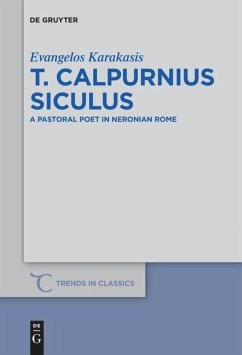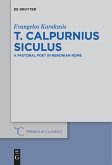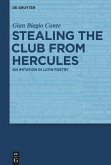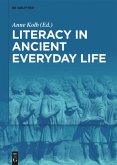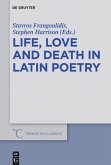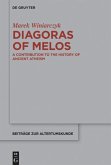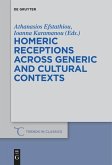T. Calpurnius Siculus: A Pastoral Poet in Neronian Rome is the first ever detailed examination of the whole of Calpurnius' pastoral corpus in English. It aims to offer an overall picture of Calpurnius' epigonal and generically transcending poetics and meta-poetics through a thorough comparative analysis of the generic interfaces between the bucolic host genre (as bequeathed to Siculus from Theocritus to Vergil) and various generic modes which operate in Calpurnius' eclogues, such as epic, panegyric, elegiac, didactic/georgic. The analysis includes themes/motifs, intertexts and allusion, narrative sequences, diction and metre as well as meta-generic/meta-poetic signs, including Calpurnius' redirection and inversion of the Callimachean-neoteric poetological meta-language. The study's interests also revolve around the ways in which Neronian ideology and imperial politics inform the pastoral narrative and often account for the formalistic change discerned as well as the manner inwhich Post-Classical diction functions as a targeted, self-conscious linguistic tell-tale of generic evolution. The book is intended for students or scholars working on or interested in Roman pastoral and its generic evolution as well as Neronian Literature.
Bitte wählen Sie Ihr Anliegen aus.
Rechnungen
Retourenschein anfordern
Bestellstatus
Storno

